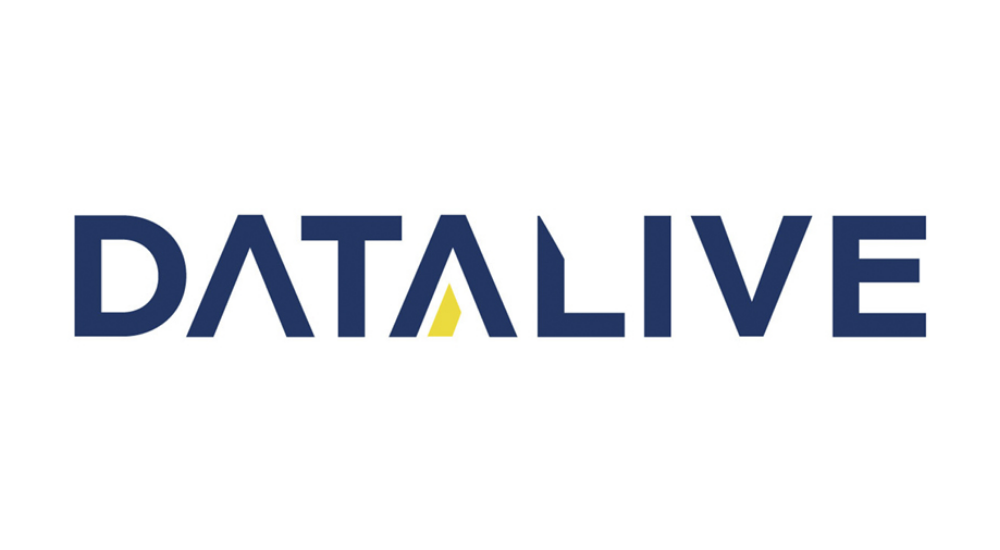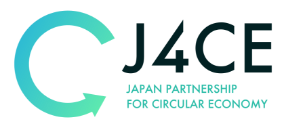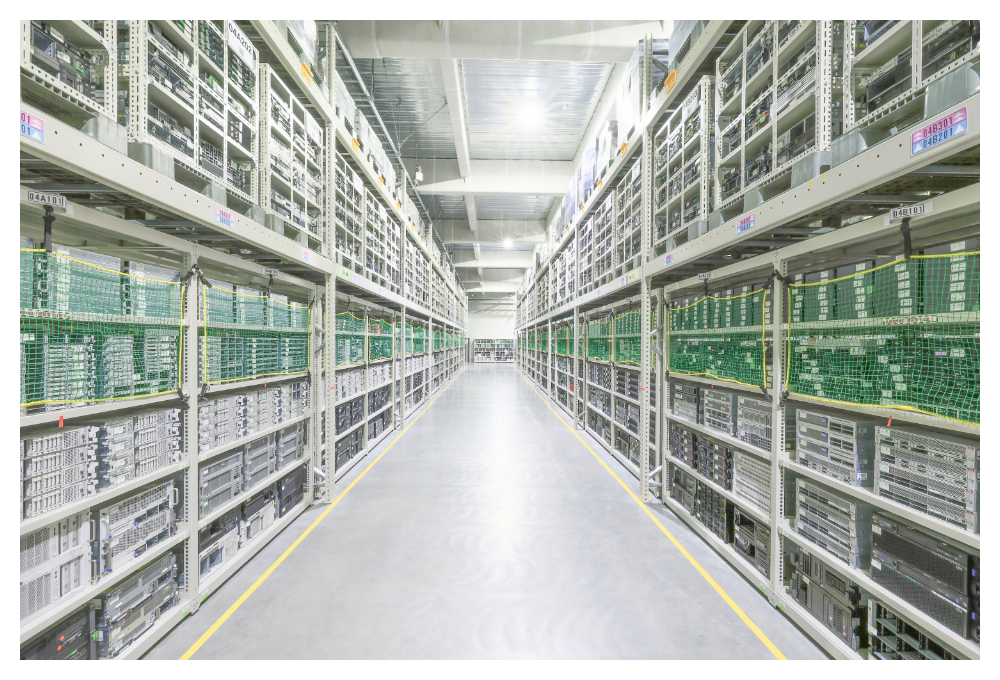
DATALIVE Corporation
DATALIVE Corporation
's cases
Basic values and policies for initiatives towards circular economy
Based on our corporate philosophy of "optimizing information resources and aiming for a sustainable and progressive society," we ensure the long-term operation of our customers' systems by providing hardware maintenance services after manufacturer maintenance has ended, mainly at data centers. Since the maintenance is carried out by a third party that is neither the manufacturer nor the customer, we are called a third-party maintenance business. Equipment that is scheduled to be discarded or procured from the used and refurbished market that meets our standards is used as maintenance parts.
For companies, by operating IT equipment for a long period of time, which has recently reached the peak of its performance, and reducing the frequency of replacement, it will be possible to free up IT budgets for promoting digital transformation, and by further focusing on and promoting automation and labor-saving, it will be possible to strengthen competitiveness. This will ultimately contribute to Japan's declining birthrate and aging population, and ultimately lead to the optimization of resource circulation.
Market opportunities and our strengths in circular business
Recently, the EU's circular economy promotion policy has indicated the promotion of long-term use of electronic machinery through repair and maintenance. In this trend, the third-party maintenance market has grown significantly globally, and the Japanese market is also expected to grow in the future. In order to secure the maintenance parts essential to our business, we stockpile maintenance parts in advance and digitize the information on these parts. The data we accumulate daily contributes greatly to improving the quality of maintenance and is one of our strengths. Furthermore, we are working to use this data platform to improve the utilization efficiency of stockpiles. In order to minimize CO2 emissions, we aim to maximize the utilization cycle of recycled products.
Setting indices/targets
We continuously measure our contribution to the maintenance of stockpiles. The higher this contribution, the higher the reuse efficiency, and at the same time, we have realized a business model that increases our profitability. We consider our business itself to be a business that promotes the circular economy, so we take the number of contracted vehicles as the final outcome, and pay close attention to it as a figure that contributes to the circular economy and as a leading indicator of sales, which we use in our management.
Implementation system
Our company's primary goal is to achieve this outcome, which is the number of contracted vehicles, and we carry out our daily business activities by setting a mid-term management plan, a company-wide policy for the current term based on that plan, measures for each department, and finally individual performance goals. The results of these activities are reported at monthly management meetings as the achievement status of each department's KPIs, and the PDCA cycle is put into motion.
Reference URL (Japanese only)
1:
Philosophy
https://www.datalive.co.jp/company/philosophy/
The Effects and Potential of Third-Party Maintenance Services Aiming for Sustainable Growth
https://www.datalive.co.jp/company/third-party-maintenance/
2&3:
Circular economy realized through third-party maintenance
https://www.datalive.co.jp/company/circulareconomy/
Largest stock of maintenance parts
https://www.datalive.co.jp/capabilities-parts-inventory/
Datalive's approach to maintenance quality

